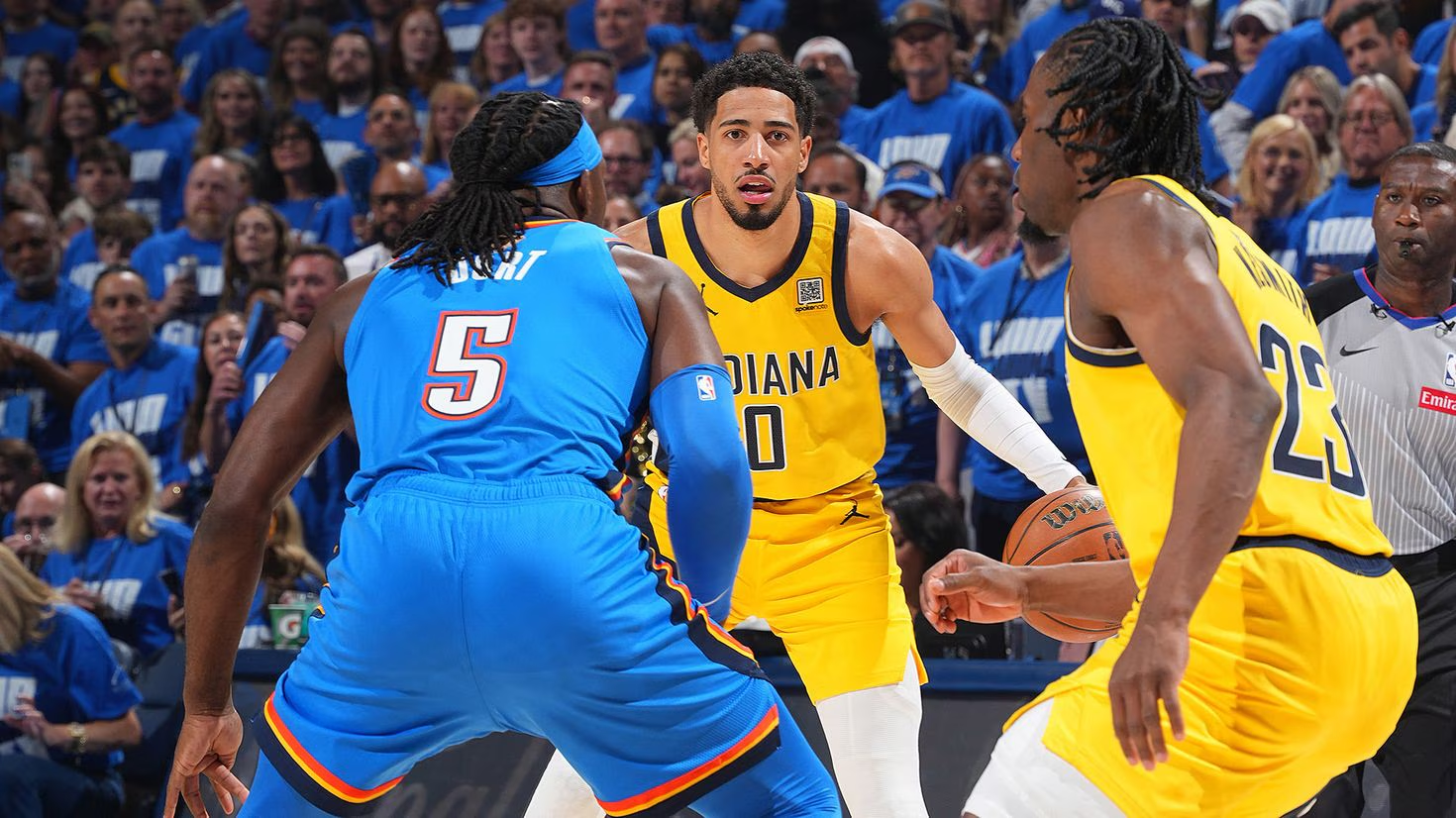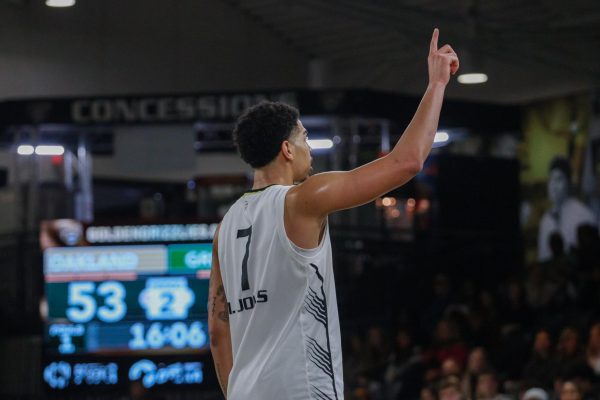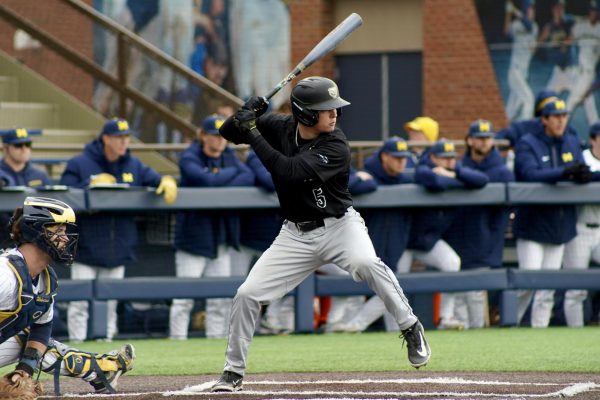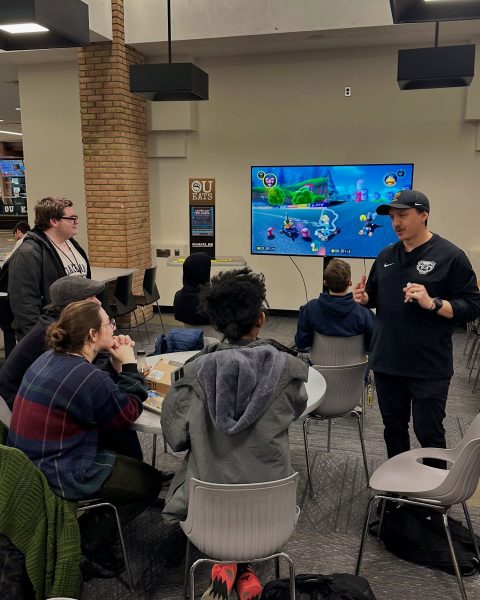Commentary: Former athletes are not worthy of special treatment in broadcasting
It was announced before the National Football League (NFL) draft that Dallas Cowboys tight end Jason Witten will be retiring, and joining ESPN’s Monday Night Football crew. Witten is not the first former professional athlete to become a broadcaster right after retirement, and most certainly will not be the last.
Last year another former Cowboy, Tony Romo, made headlines as he decided to retire right before the NFL draft, and was set to join CBS Sports as the lead color commentator to Jim Nantz. Despite the success of many former athletes in the broadcast booth such as Romo and TNT’s Shaquille O’Neal in the studio, this trend of former athletes becoming broadcasters right after their playing days is a dangerous one.
This trend threatens the success of potential broadcasters who have spent their whole lives training and working their way through the ranks to one day even hope to be considered for a job like color commentator for Monday Night Football. These are professionals who have went through schooling, gained experience in lower level jobs and had a dream of commentating.
While former players do have a place in the broadcasting world, they should not be entitled to jobs as it seems they are. Witten’s offer from ESPN according to Bleacher Report is worth between four and 4.5 million dollars per year. For context, Witten was set to make $4.75 million in the 2018 season with the Cowboys. Making just as much as he would being a professional athlete, Witten transitions into a multi-million dollar job in broadcasting with no previous training or education.
Obviously these former athletes are not just handed these jobs because they played the sport. They have to audition and be chosen, but the fact that they get these auditions due to their knowledge of the sport only is becoming destructive to the sports broadcasting industry. There are many successful former athletes on TV, many that I personally enjoy hearing from. But on the opposite side of the coin, there are many that make the viewing experience unfathomably worse.
Former New York Giants quarterback Phil Simms used to be the color commentator for Jim Nantz on CBS, and he made me want to watch the game with earplugs. Replacing him with Tony Romo was a good decision. Romo brings a sense of excitement and energy that Simms did not. However, there are moments that his emotions are uncontrolled and he just yells out random phrases and words. These are things that an experienced broadcaster would not be doing, as they have done their time in the industry and worked through all the early-career kinks.
Former players do have incredible knowledge of the game they used to play, no debate, but broadcasting is more than just knowledge of the game. The part they lack is the mastery in the booth that is gained over time, that makes a broadcast more entertaining and auditorily pleasing to the consumer. This factor needs to be considered more when deciding who will be in elite sports broadcasting roles, and former players need to not be given such preferential treatment when it comes to these very coveted jobs.






